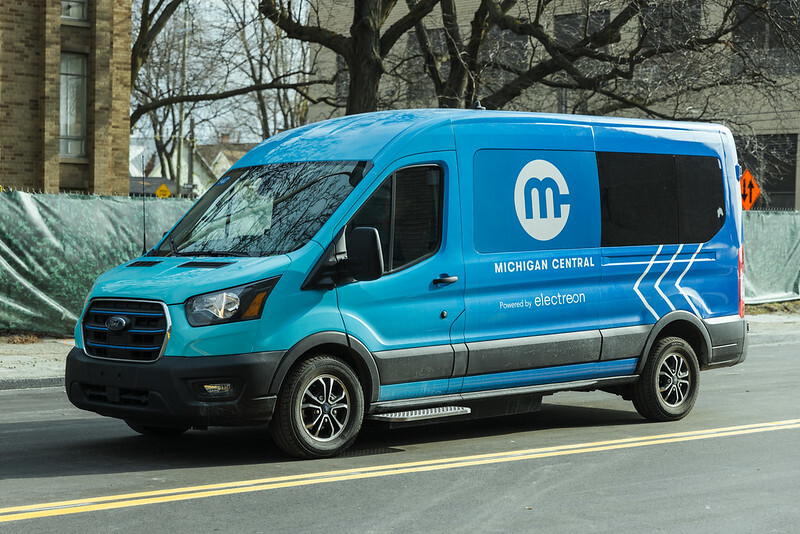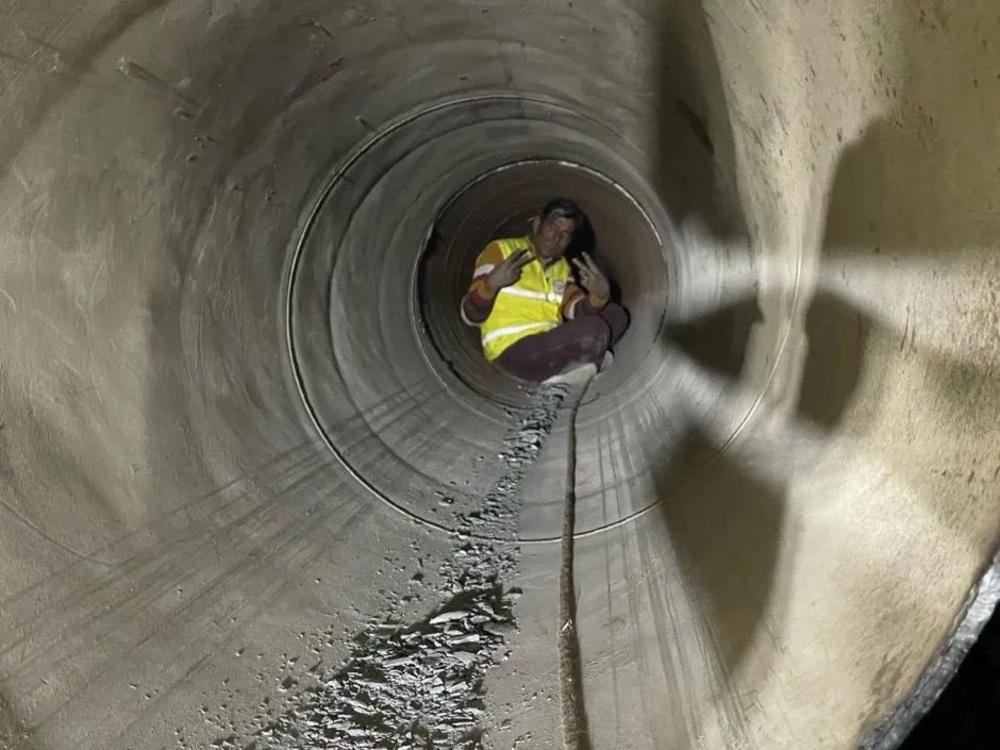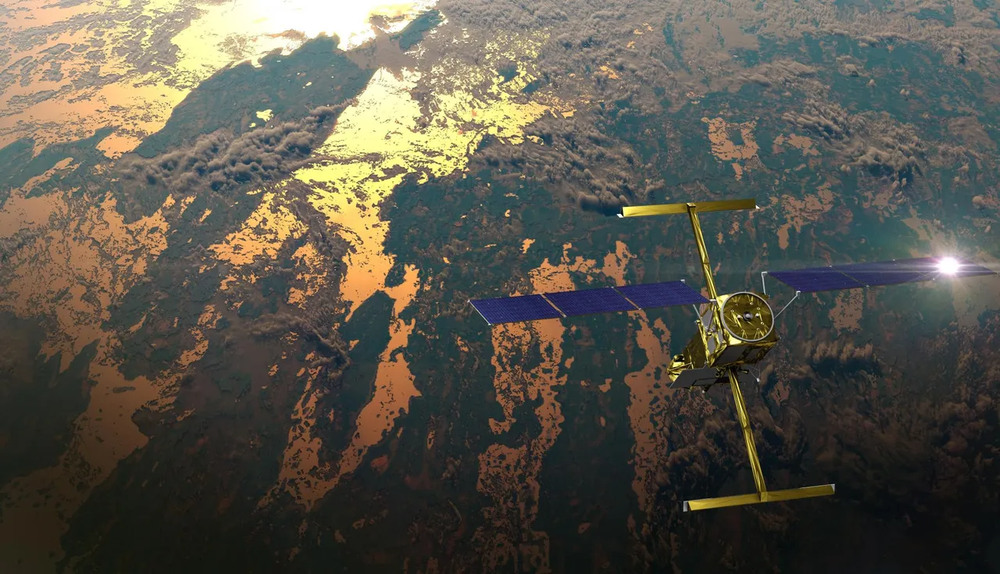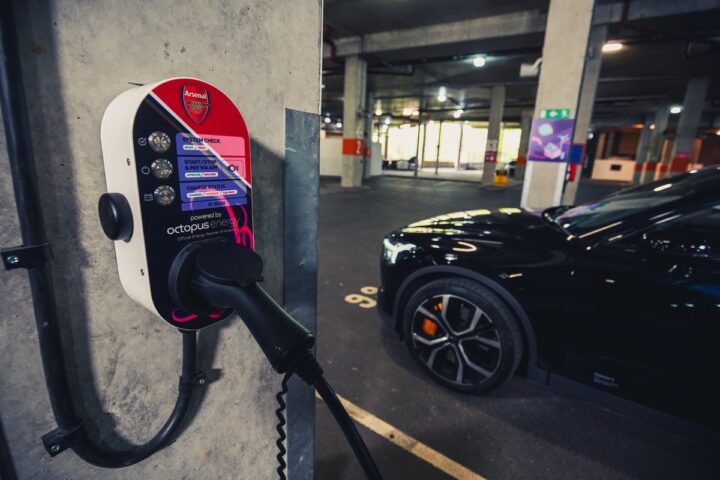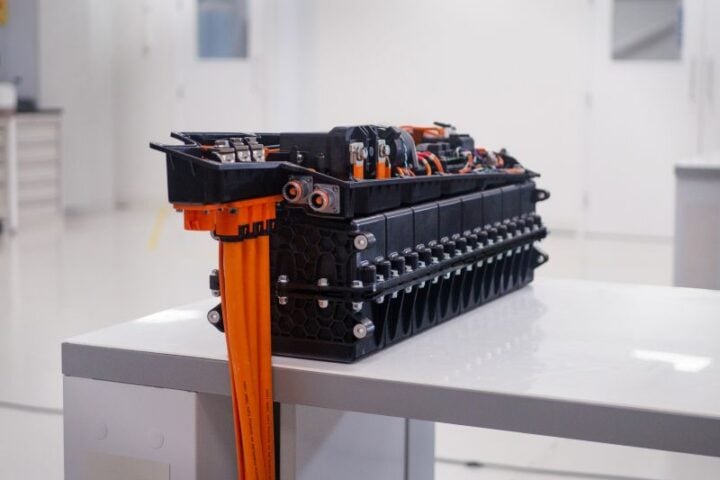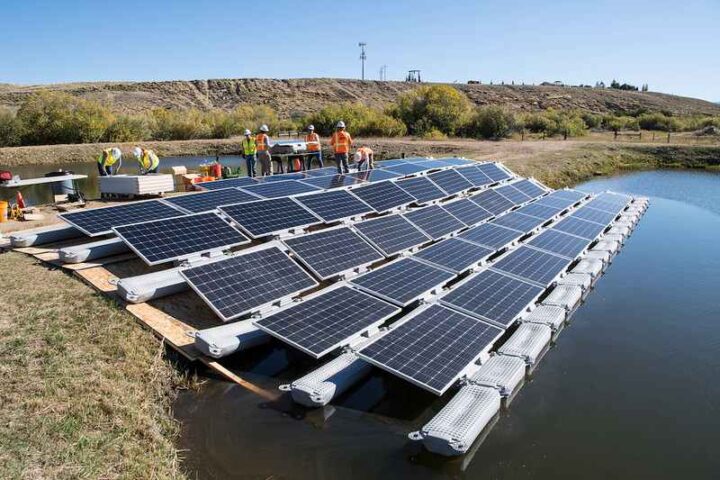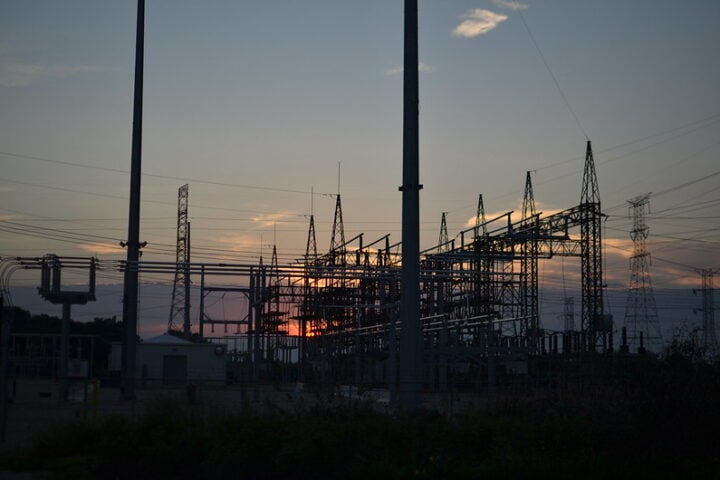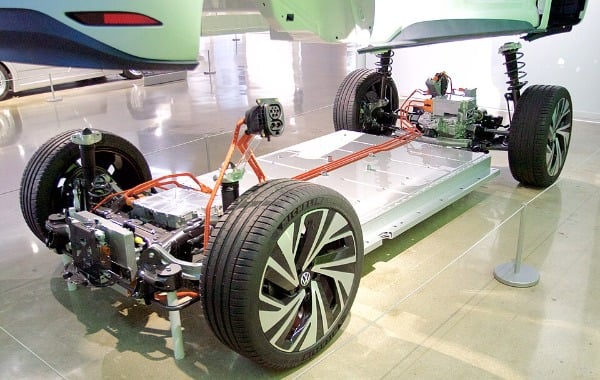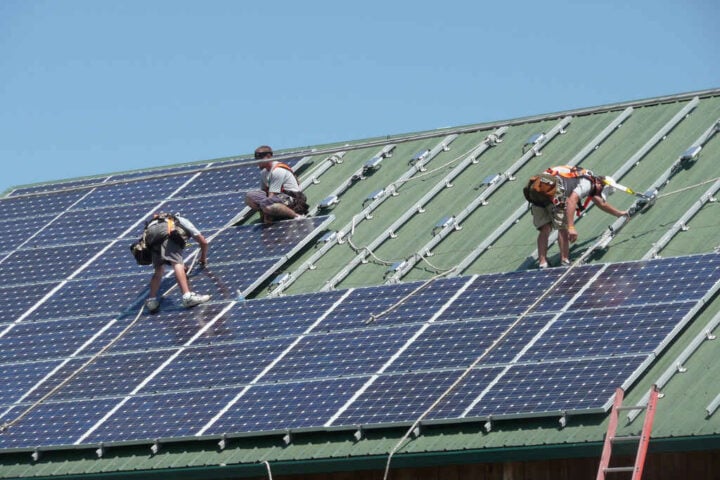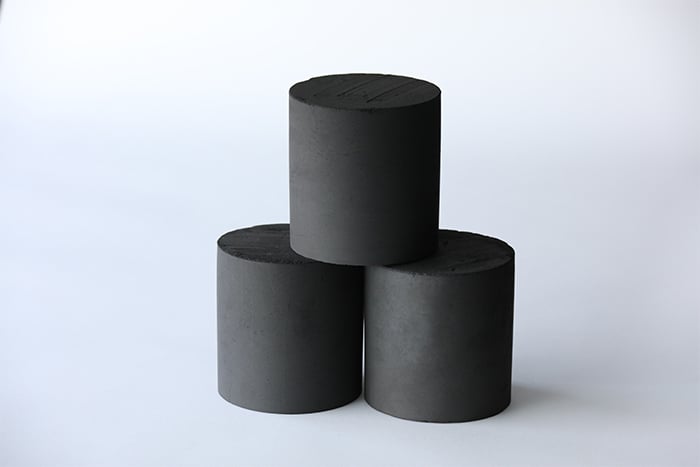Detroit is now home to the first public wireless EV charging road in the U.S., a game-changer in the world of electric vehicles. This innovative stretch, located in the Michigan Central innovation district, is a quarter-mile on 14th Street and brings a futuristic charging solution right under our wheels.
Here’s how it works: Electreon’s inductive charging technology, cleverly installed beneath the road surface, enables EVs equipped with special receivers to charge while driving. Think of it as a power-up strip for your car, but hidden under the asphalt. This dynamic charging is a big deal because it addresses major EV pain points – range anxiety and the hassle of finding a charging station.
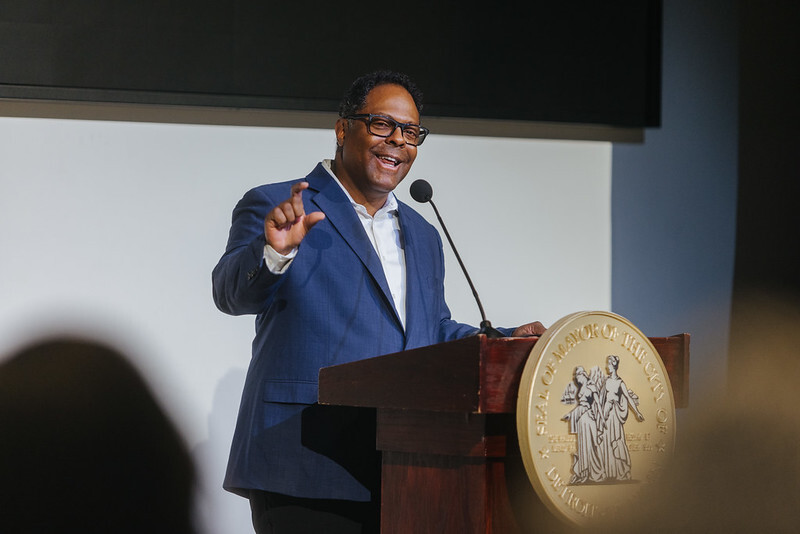
Dr. Stefan Tongur from Electreon puts it perfectly, “This project paves the way for a zero-emission mobility future, where EVs are the norm, not the exception.” The technology isn’t just cool; it’s smart. Charging segments are activated only when a compatible vehicle drives over them, ensuring energy is used efficiently and safely.
The project, a collaboration between MDOT, City of Detroit, Electreon, and others, is more than just a road; it’s a live lab. It sits next to the Newlab at Michigan Central Building, buzzing with over 60 tech startups, making it an ideal spot for ongoing tech trials and improvements.
Similar Posts
Michigan’s Chief Mobility Officer Justine Johnson highlights the state’s role in pushing mobility boundaries with this project. And it’s not just about the tech; it’s about making Michigan a leader in mobility innovation.
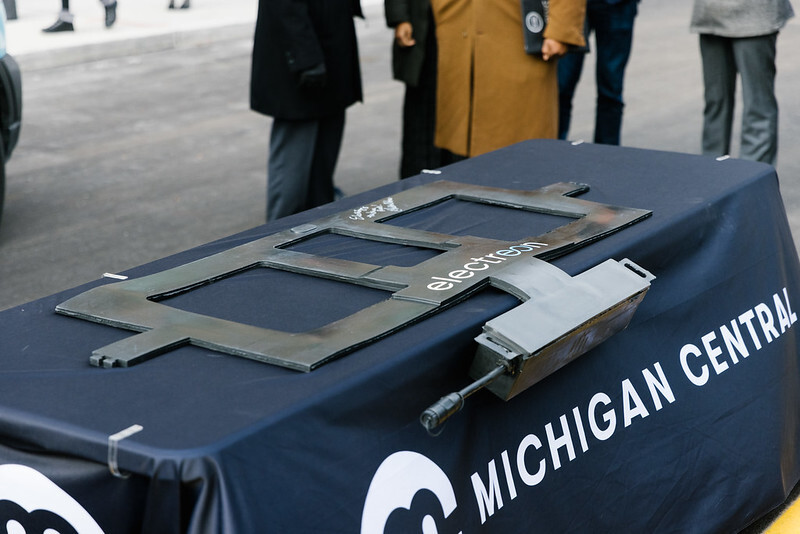
But wait, there’s more! The project also includes two static inductive charging stations in front of Michigan Central Station for parked EVs. This addition broadens the project’s impact, offering more charging solutions.
Detroit Mayor Mike Duggan proudly states, “We are birthplace of the auto industry… Today, we can add the nation’s first wireless charging public roadway to that list of innovations.” This statement shows Detroit’s ongoing commitment to automotive innovation.
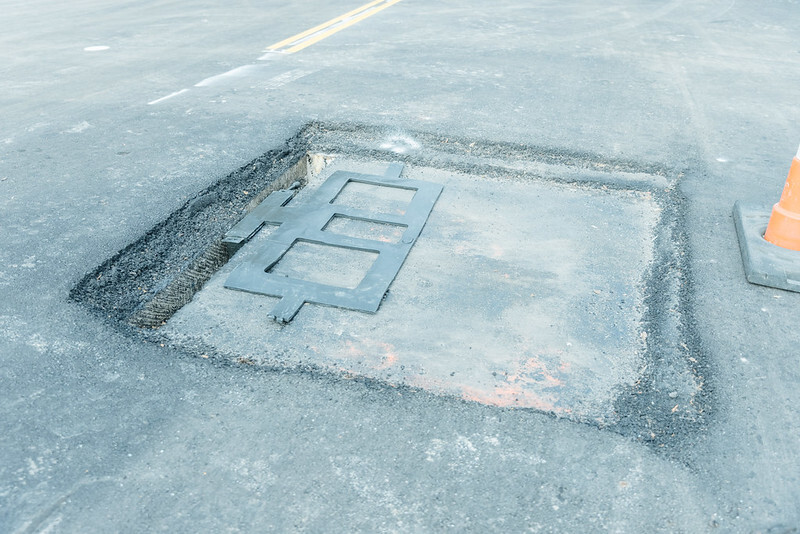
MDOT Director Bradley C. Wieferich sees this as a potential turning point for EV adoption, making it easier for EV users to find reliable charging sources seamlessly.
Set for extensive testing in early 2024, the project will use a Ford EV Transit shuttle equipped with Electreon’s receiver. This test will give insights into the efficiency and practicality of the system, opening doors for its application in public transportation.
Michigan Central CEO Joshua Sirefman emphasizes the collaborative nature of this project, making it a perfect fit for Michigan Central’s mission – to fuel innovation and tackle mobility challenges.
This project isn’t just laying down a road; it’s paving the way for an electrified future. It’s a smart blend of historic automotive legacy and futuristic technology, setting a standard for cities and countries aiming to electrify their roads. Detroit, once again, takes the lead in driving innovation – quite literally!
Interesting Facts:
- Sweden: Electreon has transformed a 1.6 km stretch of road on the holiday island of Gotland into a wireless energy charging dock for powering a bus through a process called induction. This project is a significant step in Sweden’s aim to have 1,243 miles (2,000 km) of electrified roadway in operation by 2030.
- Italy: Electreon integrated its wireless in-road EV charging technology in a 0.7-mile (1.05 km) intercity toll road in Italy as part of the ‘Arena of the future’ project, showcasing the potential of this technology in real-world transportation scenarios.
- United States: Before Detroit’s public roadway, the largest fleet of all-electric transit buses in the U.S., operated by Southern California’s Antelope Valley Transit Authority, used a patented wireless charging system from Salt Lake City, Utah-based WAVE (Wireless Advanced Vehicle Electrification). These buses are equipped with WAVE undercarriage receivers and utilize wireless charging depots spread over a 100 square-mile (260 km) area.
